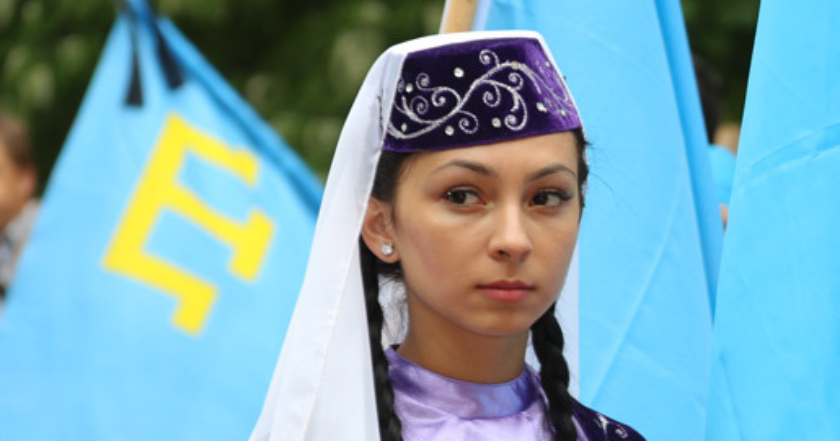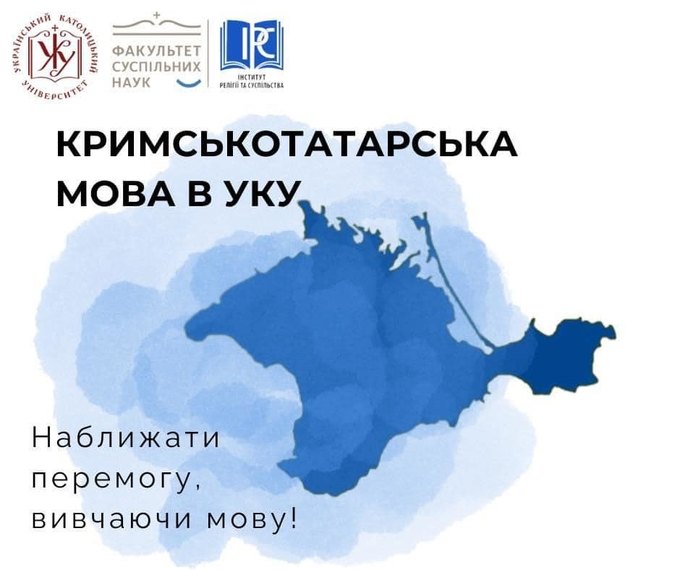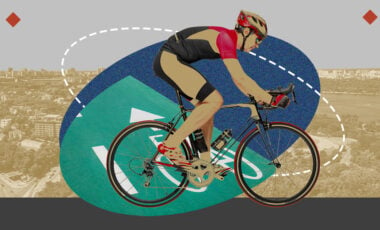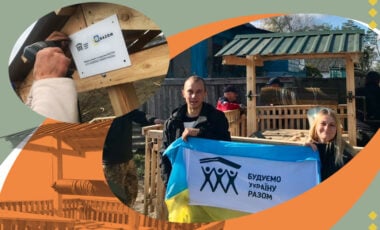Ukrainian Catholic University launches Crimean Tatar language course to raise awareness of indigenous people

Фото: З відкритих джерел
The Ukrainian Catholic University launched a course on the study of the endangered Crimean Tatar language, says Roman Nazarenko, the director's office head.
What is the problem?
According to the UNESCO classification of 2010, the Crimean Tatar language is considered endangered. By definition, the languages of this group are spoken exclusively by older generations who can understand it and usually do not speak it with their children or among themselves.
One of the reasons for this risk is the mass deportation of native speakers to Central Asia by Soviet troops in 1944. An additional danger to language preservation has arisen after the peninsula occupation, where most native speakers live.
What is the solution?
The Ukrainian Catholic University decided to launch a Crimean Tatar language course to preserve the weakened cultural heritage.
How does it work?
The course will be taught at the Institute of Religion and Society. The program includes 15 lectures during the semester.
The program also offers an introduction to elements of Crimean Tatar culture and a tour of "Muslim Lviv."

Фото: Фейсбук / Roman Nazarenko
After completing the course, students will receive a UCU certificate with three ECTS credits.
Groups are being recruited in live and remote formats. The program is scheduled to start on September 16.
The National Corpus of the Crimean Tatar Language is being created in Ukraine. The Crimean Tatar language will be added to online translators and computer interfaces as part of the project.
The creation of this platform will help make the Crimean Tatar language more widely used. This will create conditions for its research and development. This is the opinion of the developers.
Previously, Crimean Tatar publishing house Kitap Qalesi was established in Ukraine. Kitap Qalesi, which means "Book Fortress," is a social business in the development stage that plans to develop Crimean Tatar book publishing. The project is not part of any organization; the initiators plan to register their own.

















































